As we enter another year set to be the hottest on record, with scientists ringing alarm bells, the movie of the week is “The Last Winter”.
Enter Larry Fessenden’s terrifying 2006 ecological horror film The Last Winter, a prescient thriller set against the backdrop of an Arctic winter.
According to the annual U.S. government report, 2021 has been a year of dramatic change in the Arctic, with greening tundras, infrastructure-destroying permafrost melts and never-before-seen rainfall on the summit of Greenland’s ice cap. The Arctic is warming more than twice as fast as the rest of the world, according to the National Oceanic and Atmospheric Administration’s latest Arctic Report Card.
The Last Winter premiered at TIFF on September 11, 2006, just a few months after An Inconvenient Truth — the powerful documentary about former United States Vice President Al Gore’s campaign to educate people about global warming — premiered at Sundance.
The chilling thriller from the vastly underrated horror writer and director Larry Fessenden is about an environmentalist who faces off against the gruff head of an oil company.
Following the doomed plight of an oil company pursuing fossil fuels in the Arctic, the film is ultimately about unchecked greed, and the consequences of ignoring those inconvenient truths which demand us to put the good of humanity above our own selfish pursuits.
THE RIGHT FILM FOR THE RIGHT TIME
A small crew of oil workers and independent environmentalists, led by the head of an oil company, Ed Pollack (the always incredible Ron Perlman), is manning an outpost in the Northern Arctic. Their job is to develop a new road for truckers to haul resources across the harsh terrain. But the success of the mission is threatened when environmentalist James Hoffman (James Le Gros) arrives and suggests that climate change may be compromising the lucrative plan to drill on a protected part of the Arctic.
The tense situation worsens when workers begin succumbing to poisonous natural gas emissions. At first, the series of disasters that befall the crew seem like reasonable natural events. But things take a spookier and more sinister turn, as it becomes apparent that the Earth may be revolting — dispensing its own brand of supernatural frontier justice.
The sense of mounting doom begins when a rookie oil worker named Maxwell is disturbed one night by a spectral herd of Caribou charging past the camp. The next day, Maxwell doesn’t return from a scouting mission, and he can’t be reached by radio. After the crew starts to panic, Maxwell finally stumbles back to camp later that night, disoriented and traumatized.
Later, he tells Hoffman that he “saw something” out in the snow and demands that Hoffman tell the public about the damage being done to the planet.
“People need to know. You have to tell them.”
This marks the beginning of Maxwell’s descent into madness, resulting in tragic consequences. Soon, other crew members fall victim to hallucinations and insanity, which Hoffman suspects is caused by sour gas (natural gas containing hydrogen sulfide) seeping up from the permafrost as a result of arctic methane release.
Striking and nightmarish imagery abounds, including a thundering herd of ghost caribou, a circling murder of crows (both a sign of the changing climate and a harbinger of doom), a grizzly plane crash, and a manifestation of frightening Wendigo lore.
Written by Fessenden with Robert Leaver, The Last Winter is undeniably a film with a message.
But being about something doesn’t make this film any less effective as a stellar piece of genre entertainment.
Fessenden delivers a thought-provoking and deeply unsettling look at nature’s violent response to a sustained attack from humans. And though he clearly wants you to give a damn about the “why” that’s happening, he never neglects making the “how” as relentlessly tense and terrifying as horror fans demand.
Working with the Icelandic cinematographer G. Magni Ágústsson, Fessenden makes the most of his stunning natural canvas, impressing us with the awe-inspiring beauty of nature before making us shutter at its unforgiving ferocity. Delivering a sumptuous slow burn, he creates fear through an atmosphere of dread and creeping unease, aided by an original score from Jeff Grace that is as beautiful as it is haunting.
The Last Winter is an intelligent social commentary with complex, interesting characters. Every character represents a unique viewpoint and a unique way of facing a harsh reality — from Pollack’s outright denial to Hoffman’s desperation to the station mechanic Motor’s (Kevin Corrigan) attempt to self medicate to Native American Dawn’s (Joanne Shenandoah) regard to the Chenoo spirit from Algonquin mythology.
This is not a film about heroes and villains, but rather about choices and consequences.
As Hoffman opines in his journal, when nature turns on humanity, it’s not vengeful. It’s simple course correction. To quote Larry Fessenden in an interview with RogerEbert.com, “When the world falls out of balance as it has, there is hell to pay.”
WHY IT MATTERS
When it comes to cataclysmic, population-ending events on Earth, there are a number of strong contenders. Will it be a meteor, a catastrophic plague, a natural disaster, a nuclear war, or, most likely, the effects of devastating climate change?
While it’s impossible to predict what will eventually do us in, the biggest threat to humanity seems to be indifference and denial.
In a draft climate report from the UN, obtained by the Associated Foreign Press, climate scientists warn that climate change will fundamentally reshape life on Earth in the coming decades — and that’s even if we are able to make drastic changes to curb greenhouse gas emissions. Consequences of inaction include species extinction, widespread disease, unliveable heat, ecosystem collapse, and dangerously rising seas.
The 4,000-page report, scheduled to be officially released in February 20222, is the most comprehensive and damning assessment ever of catastrophic climate change. But scientists have been sounding the alarm for six decades.
The effects of humanity’s impact on weather patterns were already being felt in the 1960s, but the threat was too abstract and too removed from the reality of ordinary people to cause any real concern.
In an article about the history of climate change science for The Guardian, writer Alice Bell explains:
“One of the hardest parts of writing about the history of the climate crisis was stumbling across warnings from the 1950s, 60s and 70s, musing about how things might get bad sometime after the year 2000 if no one did anything about fossil fuels. They still had hope back then. Reading that hope today hurts.”
At the end of The Last Winter, after a series of horrific events, Hoffman echoes a message of hope that’s been ever-present for decades amidst the warnings of impending doom. He reassures Abby Sellers (Connie Britton) that she’s going to get out, and she’ll be able to tell people what’s happening. They will “rise up” and make positive change.
Abby tearfully agrees that people will “band together” like never before to save the planet. But it’s a horror film; we don’t expect a happy ending.
Sadly, on the verge of a crisis we can no longer avert, we don’t expect one in real life either.
WATCH IT NOW
The Last Winter attempts to shake us out of complacency with a startling vision of the not-so-distant future. It’s the kind of film that should have raised a rallying cry. It didn’t, of course. But then again, nothing ever does.
In one chilling scene, one of the crew reads from the journal of Hoffman, who writes about his observations of a planet under siege from human negligence. We hear his words in voice over as scenes of pollution and environmental destruction flash across the screen followed by visions of increasingly catastrophic natural disasters.
It’s devastating to hear him ponder how we got to this point and, in considering where we’re headed, reaching a horrifying but inevitable conclusion.
“Why do we despise the world that gave us life? Why so alienated? Why wouldn’t the wilderness fight us, like any organism would fend off a virus? The world we grew up in has changed forever. THERE IS NO WAY HOME.“


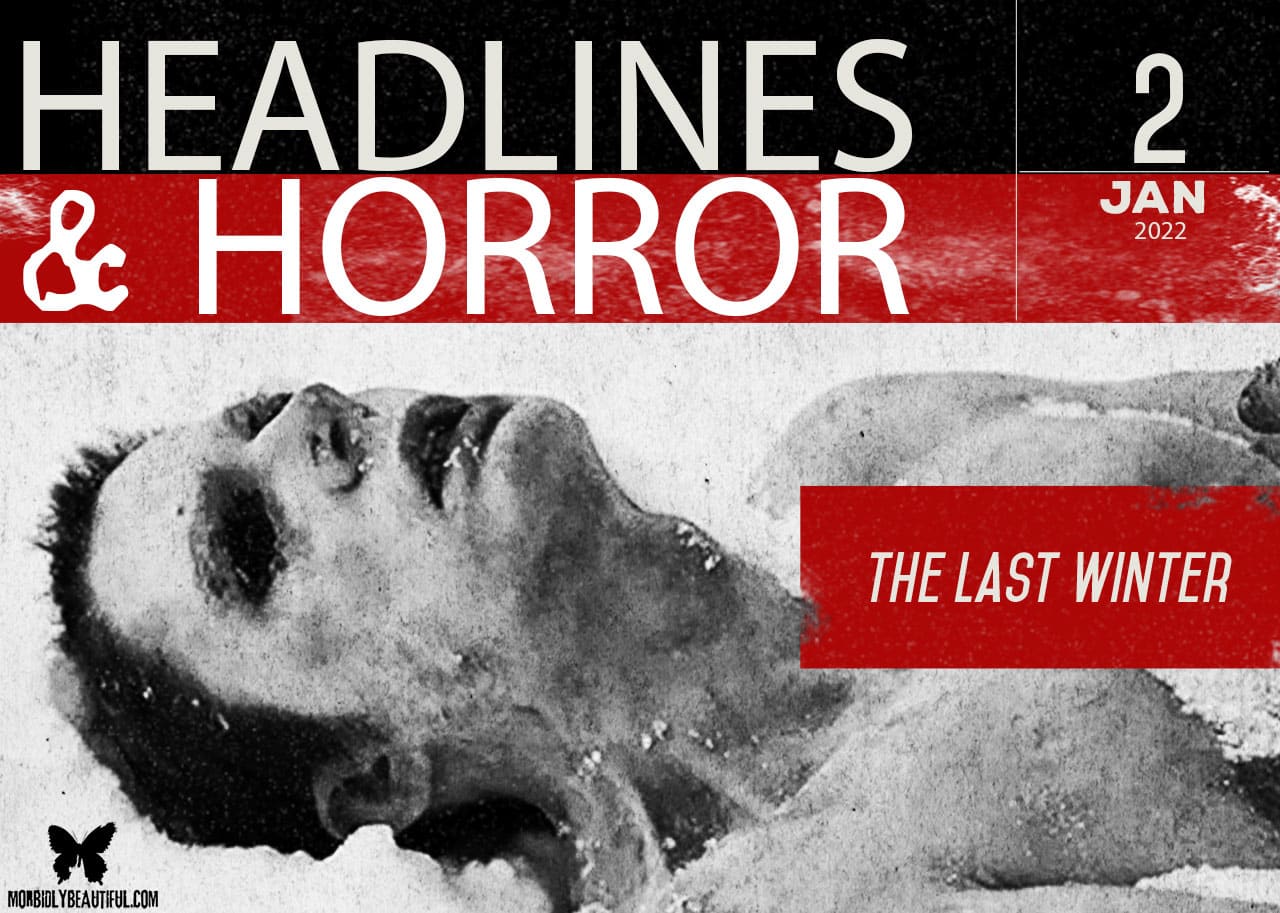
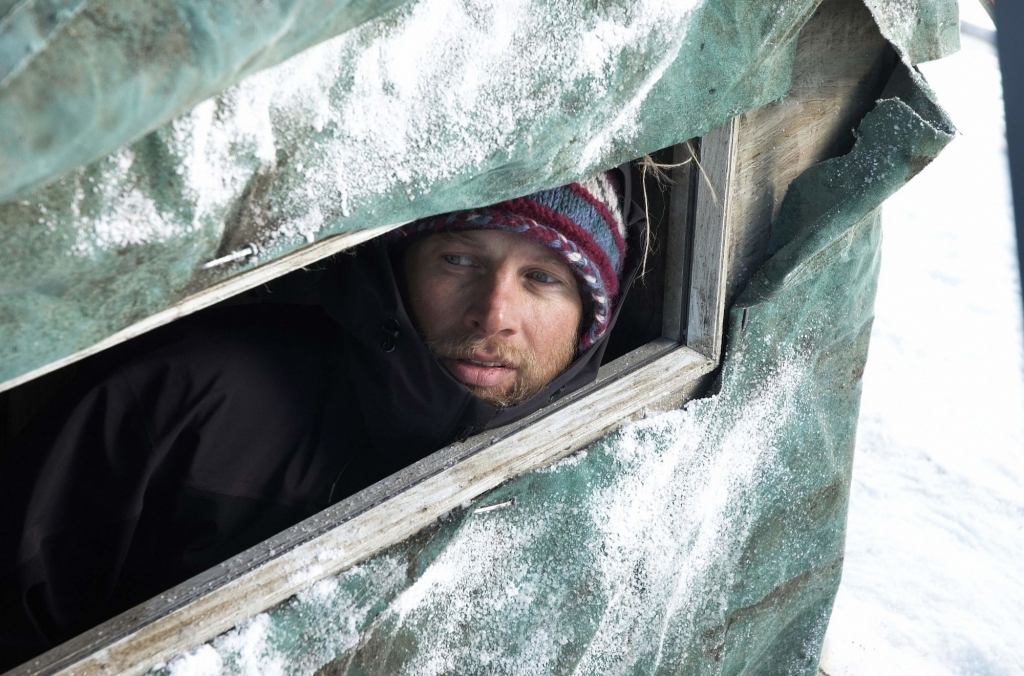
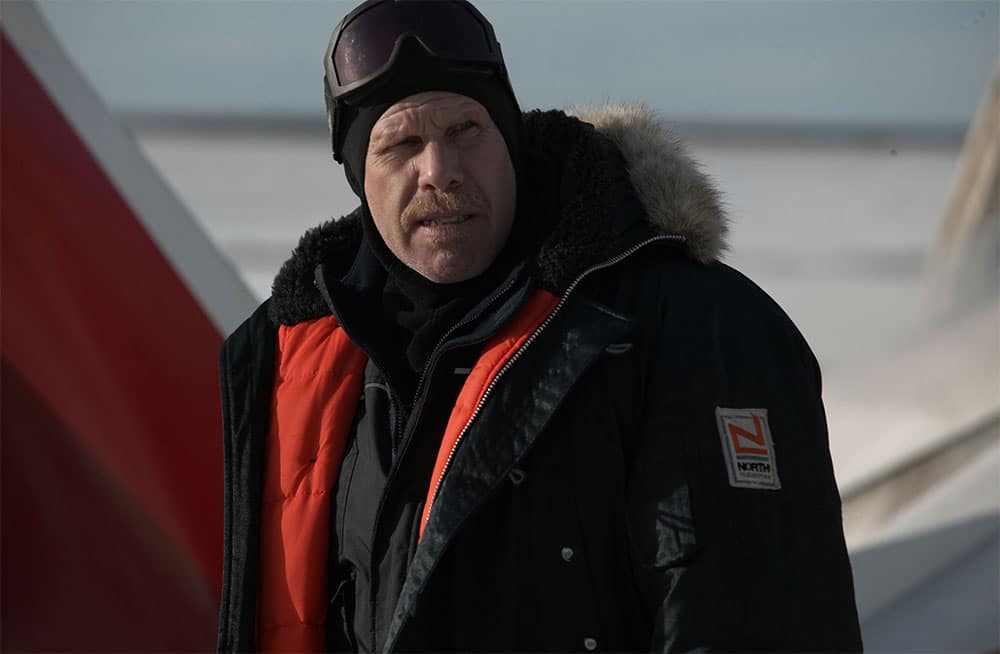

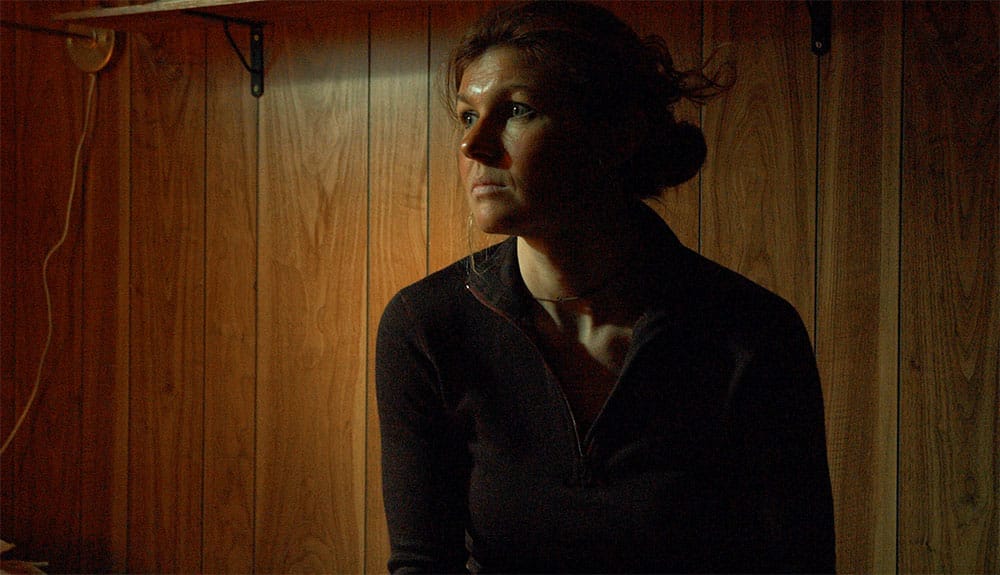
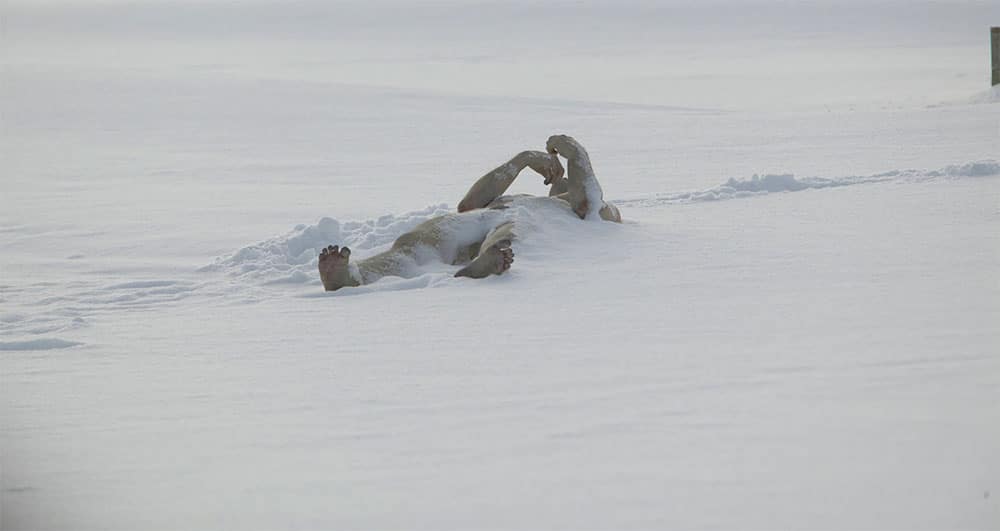
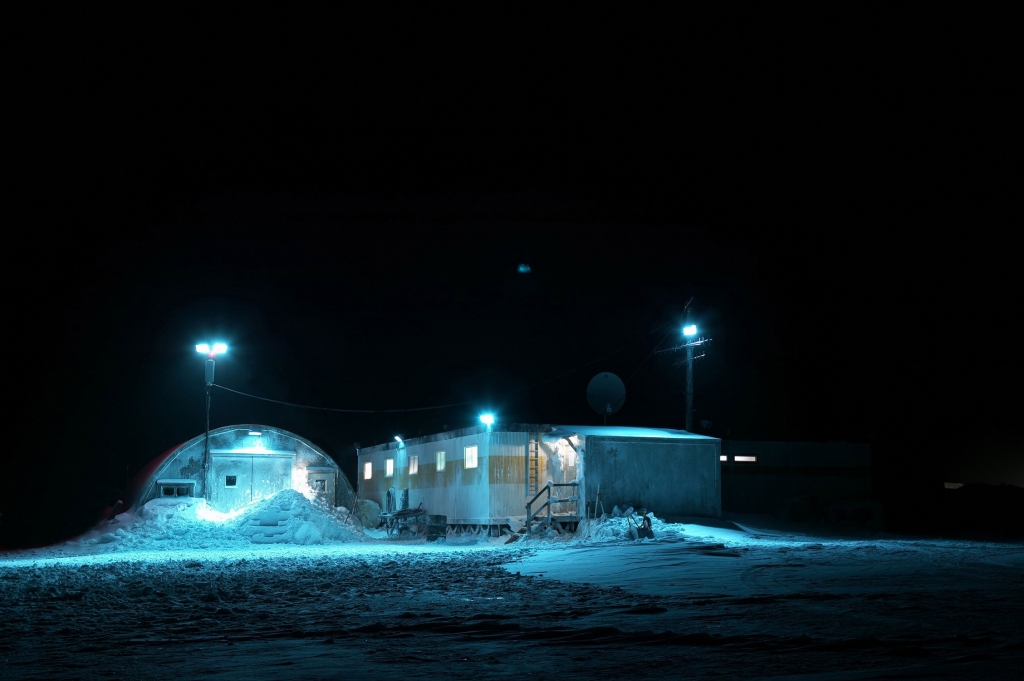

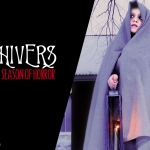
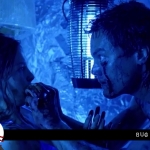








Follow Us!